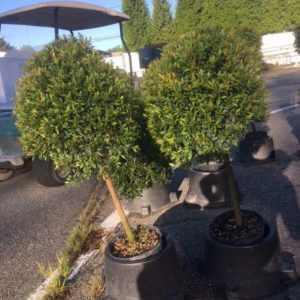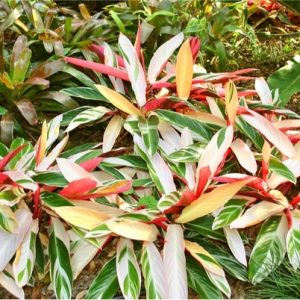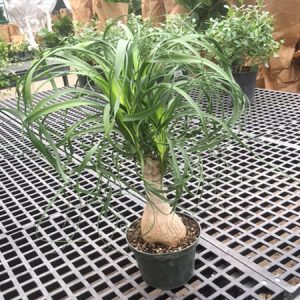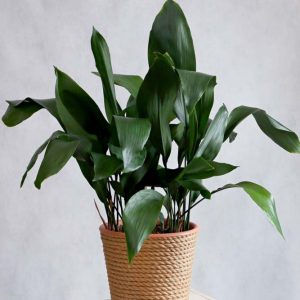Description
Macleaya – Bocconia – Plume Poppy –
There are 3 species of rhizomatous perennial in this genus. They occur in grassy meadows, scrub, and woodland in China and Japan. They are grown for their foliage and graceful inflorescences. From erect, glaucous stems it carries alternate, heart shaped, palmately lobed, glaucous, gray-green to olive green leaves, to 10″ long, with rounded, toothed, lobes and prominent veins. It bears numerous petalless, tubular flowers, to ½” long, with 2 or 4 sepals and a cluster of stamens, are held in airy, plume like panicles. The stems and leaf stalks produce a yellowish orange latex. Grow in a mixed or herbaceous border or as a free standing specimens, they may also be grown among large shrubs or used to form a temporary tall screen. They can be invasive, spreading rapidly and widely by underground suckers.
Grow in moderately fertile, moist but well drained soil in full sun, although they will tolerate most soils and partial shade. Provide shelter from cold, drying winds. Divide in late autumn or spring.
Prone to slugs.
M. cordata ‘Alba’ – Bocconia cordata ‘Alba’ – Macleaya – This rhizomatous perennial from China grows 5-8′ feet tall and 3′ feet wide. It produces 5 to 7 lobed deeply veined, gray to olive green leaves, white downy beneath. In mid and late summer, it bears large, feathery, plume like panicles of pendent, white flowers, each with 25-40 stamens, on gray-green stems. May become invasive.
Zones 4-8





